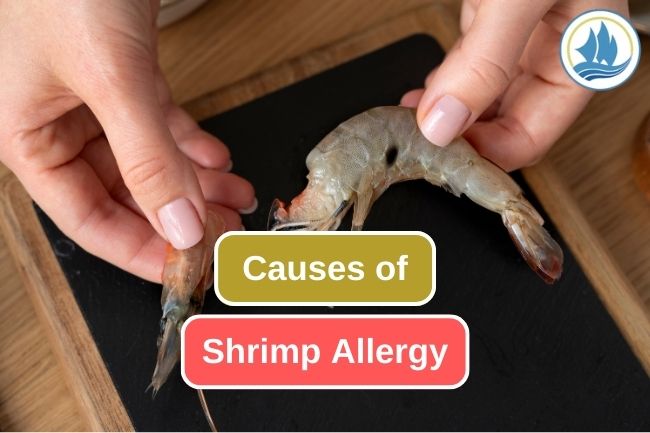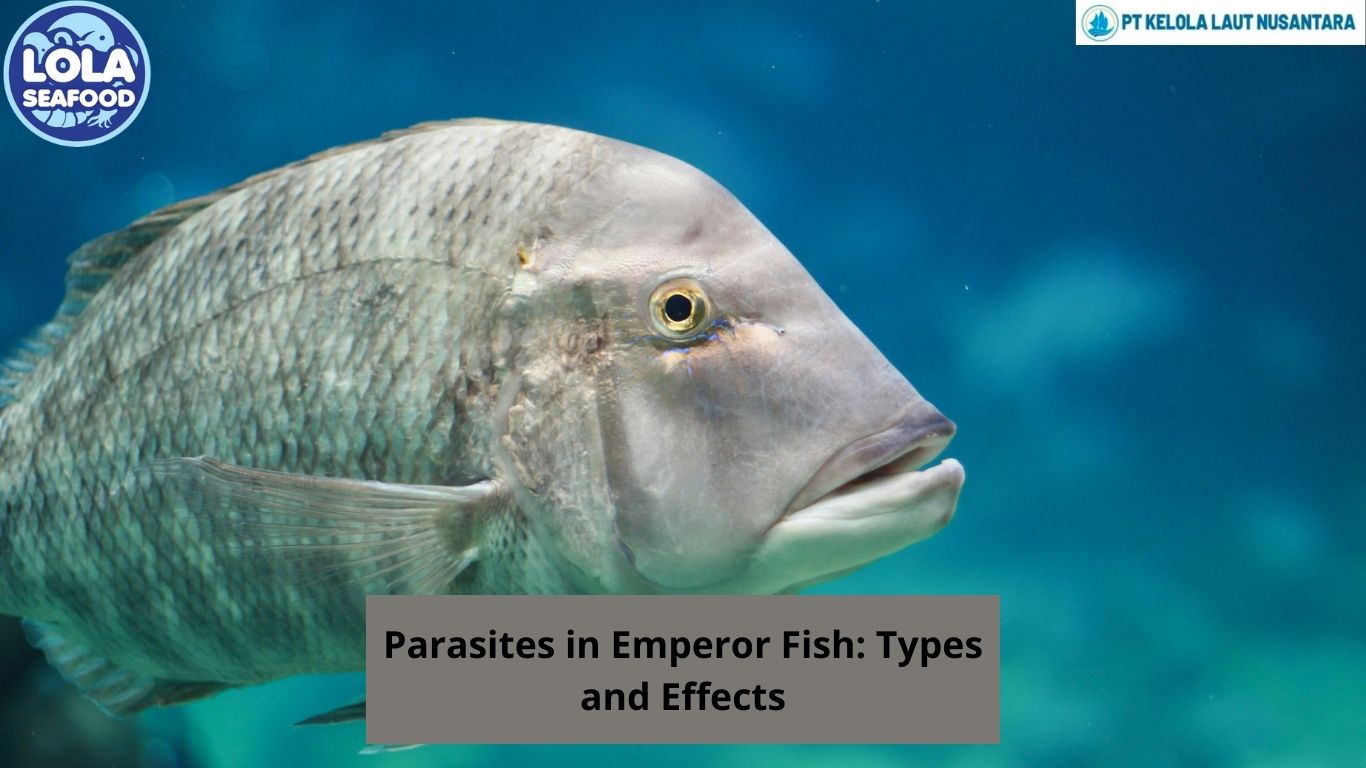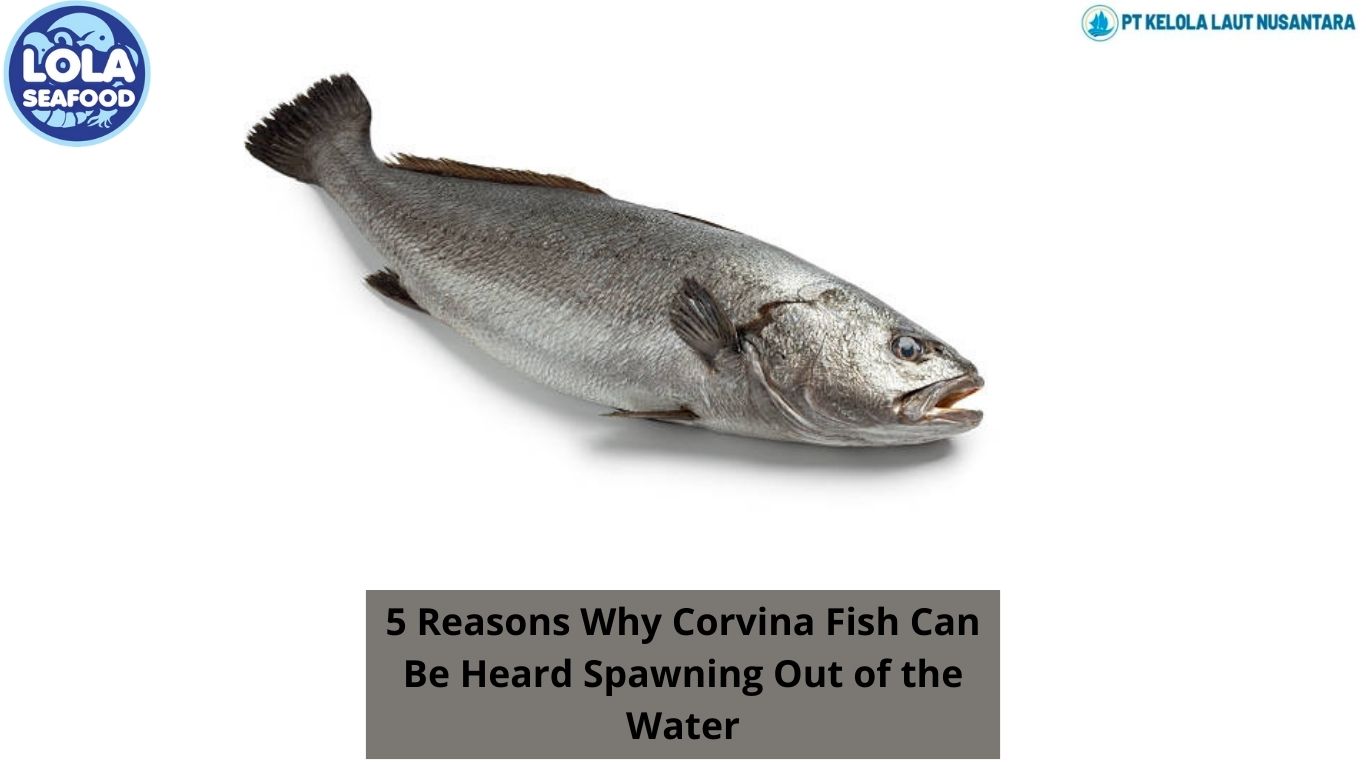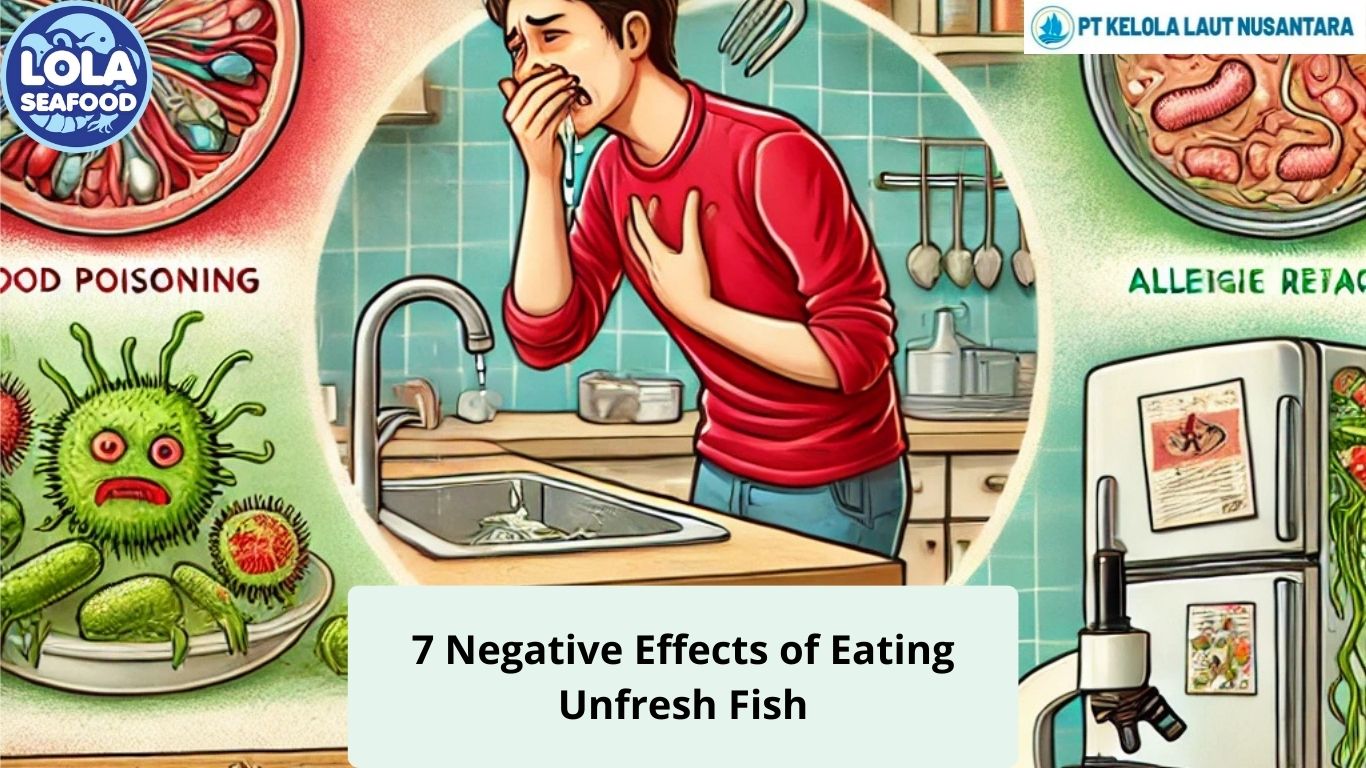Here's What Causes Allergies After Eating Shrimp
By. Nevanda - 27 Jul 2023
kelolalaut.com - Shrimp allergy, also known as seafood allergy, is the immune system's response to certain proteins found in shrimp. When the immune system perceives the proteins in shrimp as foreign and harmful, it responds by releasing chemicals, such as histamine, that cause allergy symptoms. Here are some of the factors that contribute to shrimp allergy:
1. Immunological Reaction
Shrimp allergy occurs due to an exaggerated immune system response to the proteins in shrimp. The body perceives the protein as a threat and responds by producing specialized antibodies, namely immunoglobulin E (IgE). When there is subsequent exposure to the protein, IgE stimulates cells to release histamine and other chemicals, causing allergy symptoms.
2. Genetic Factors
The likelihood of having an allergy to certain foods or allergies can be influenced by genetic factors. If there is a history of food allergies in your family, you may have a higher risk of developing a shrimp allergy.
3. Previous Exposure
Some people may develop a shrimp allergy after having previous exposure to seafood, including shrimp. The first exposure to shrimp may not cause an allergic reaction, but once the body has recognized the proteins in shrimp as foreign, allergic reactions may occur upon subsequent exposure.
Read also: A Guide for Making Tuna Melt into Perfection
4. Environmental Exposure
In addition to direct food exposure, exposure to air containing shrimp particles can also cause allergic reactions in some highly sensitive people. This can occur when shrimp is cooked near an allergic person or in a less controlled environment, such as a fish market or restaurant.
5. Gastrointestinal Conditions
Several studies have shown that certain health conditions, such as gastrointestinal disorders, can increase a person's risk of developing food allergies, including shrimp allergies. Changes in the intestinal wall can affect protein absorption and increase the risk of food allergies.
Symptoms of shrimp allergy can vary from mild to severe. Common symptoms include skin itching, rashes, swelling, difficulty breathing, nausea, vomiting, diarrhea, and even life-threatening anaphylactic reactions in severe cases. If you suspect you have a shrimp allergy, it is imperative to consult a medical professional for proper evaluation, diagnosis and treatment.
Read also: Exploring the Exquisite Flavors of Shrimp Fried Rice








